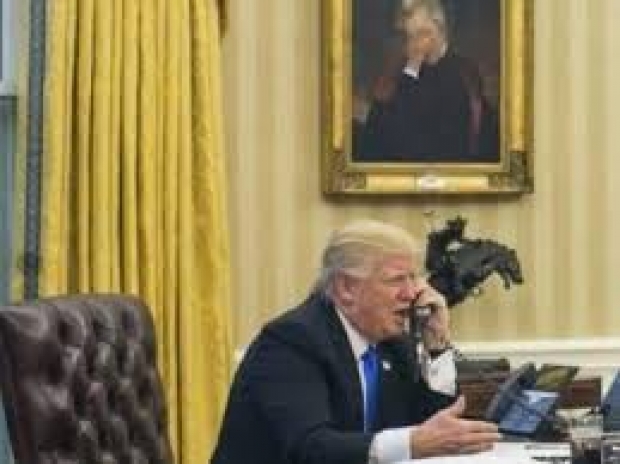Last year Huawei and its HiSilicon ship wing and 113 subsidiaries, were blacklisted by the US Department of Commerce on the grounds of national security.
However Trump seems disappointed that did not seem to change anything for Huawei which continued to make more money. So he is tightening the screws further.
“BIS is amending its longstanding foreign-produced direct product rule and the Entity List to narrowly and strategically target Huawei’s acquisition of semiconductors that are the direct product of certain US software and technology”, a statement reads.
Basically this means that chips manufactured overseas using US software or hardware cannot be shipped to Huawei or any of its subsidiaries without Uncle Sam's permission. The big idea is that semiconductors commissioned or designed by Huawei and manufactured by foundries outside of the States, the chips will still be subject to export limits if the manufacturing processes use any US equipment or design tools.
US Security of Commerce Wilbur Ross said that despite the Entity List actions the department took last year, Huawei and its foreign affiliates have stepped-up efforts to undermine these national security-based restrictions through an indigenisation effort.
He insists that “is not how a responsible global corporate citizen behaves”. Apparently, a responsible corporate citizen just rolls over and dies when Trump tells it to. We wonder if that rules applies to US companies or just Chinese ones.
TSMC has halted new orders from Huawei Technologies a company spokesman said that the move was to fully comply with the latest export control regulation, a person familiar with the situation said. "But those already in production and those orders which TSMC took before the new ban are not impacted and could continue to proceed if those chips could be shipped before mid-September."
The US Commerce Department announced on Friday that all non-U S chip manufacturers using American chipmaking equipment, intellectual property or design software will have to apply for a licence before shipping chips to Huawei.
"It's a difficult decision for TSMC as Huawei is the company's No. 2 customer, but the chipmaker has to follow the U.S. rules", another source said.
Trump has also extended an executive order banning US companies from buying or using any telecoms and networking equipment from Huawei and ZTE, another Chinese manufacturer. The order uses the International Emergency Economic Powers Act, which allows the US government to exert more control over ongoing alleged national security risks.
It is unlikely that Beijing will take this lying down. China's Department of Commerce on Sunday said it strongly objects to the tighter US export controls and said such restrictions pose a huge threat to the global supply chain. The department demanded that Washington reverse the new restrictions and warned China would take necessary countermeasures if it did not.
Huawei has been preparing for such a move by the US since the end of last year, including stockpiling more than a year's worth of networking equipment-related chips, especially for its crucial telecom equipment and carrier business, sources told Nikkei Asian Review.
The company has explored a wide range of other options, including asking European chipmaker STMicroelectronics, a longtime supplier, to co-design chips, Nikkei reported earlier. However, those efforts may not immediately solve all of its vital chip supply issues, which are critical for Huawei to continue rolling out world-class technologies, analysts said.
"The proposed legislation likely aims to stop Huawei's tech progress and quash China's 5G ambitions", Jefferies Equity Research analysts said in a research note. "We expect China to retaliate if this materializes. The risk of a 'super' cold war is mounting."




